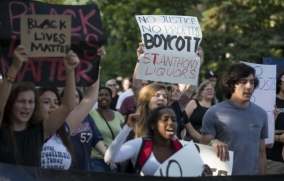We meticulously analyse the policies and actions of hundreds of companies, focusing on critical areas like climate impact, worker treatment, animal welfare, tax practices, and overall company values.
The scores on our ethical shopping guides are compiled from this research to give an overview of how the brands and products within different markets compare on a wide range of ethical issues.
Up to date
Our ethical ratings are continuously updated with the latest scores and insights from our extensive research database. This database, built over 30 years, is updated daily by our dedicated research team, ensuring you have the most current information.
Each piece of research, or ‘story,’ we add to the database affects a company’s score for five years from the date it was last updated. Stories older than five years will remain on the database as a historical reference but will no longer impact company scores.
In-depth
Unlike many ethical buying guides that focus solely on the product, Ethical Consumer offers a unique, in-depth look at the ethics of the companies behind the brands. This includes examining the actions of parent and sister companies, providing a more comprehensive view.
After all, isn't it better to buy a cruelty-free product from a company that doesn't test its other products on animals? Or recycled toilet paper from a firm that isn't cutting down virgin forests for its other ranges?
The activities of each company are examined by our team of highly trained researchers and measured against our ethical criteria based on the highest industry standards.
Transparent and independent
The research and rationale behind every rating is available to view on our website. By looking deeper into the ethical shopping guides or by visiting our company profile pages, subscribers can see which companies own each brand, and their ethical ratings across all the different categories.





